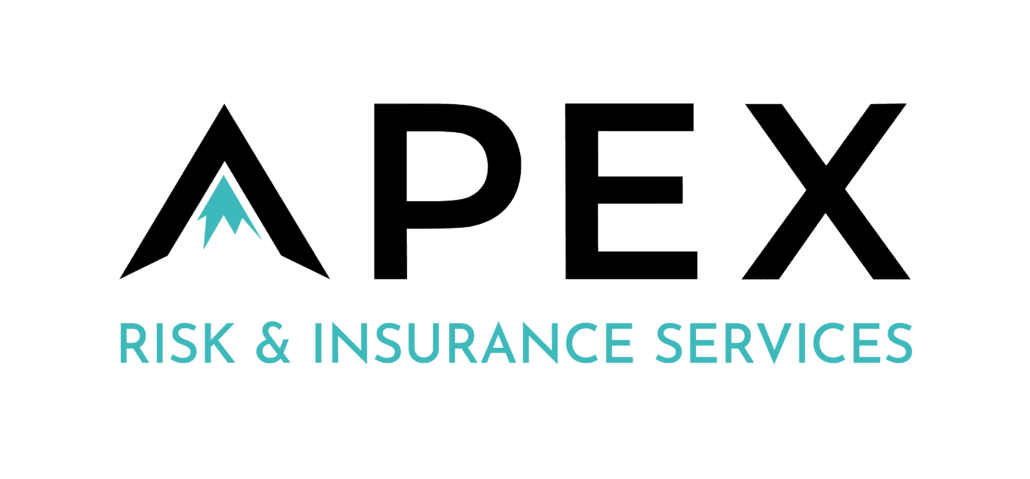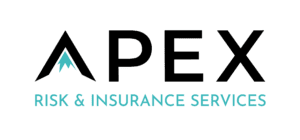How to Estimate Insurance Costs for a Feasibility Study in the Wavepool Industry
Are you considering venturing into the wavepool industry but unsure about its profitability? Crunching the numbers can provide clarity and confidence in your strategy. Before diving into construction, a feasibility study is a vital step for any new development project. Much like a business plan, a development feasibility study helps assess the viability of a project, its potential value, and return on investment.
Feasibility studies involve rigorous number crunching and market analysis. The aim is to provide a clear vision of the new property development, determine its potential value, and assess the return on investment. These studies also offer insight into the feasibility of carrying out the project with minimal risk and potential obstacles.
One crucial aspect of a feasibility study is estimating insurance costs. In the wavepool industry, where risks can vary, understanding insurance expenses is essential for accurate financial planning.
What is a Feasibility Study and Why Are Insurance Costs Important?
Feasibility studies involve rigorous number crunching and market analysis. The aim is to provide a clear vision of the new property development, determine its potential value, and assess the return on investment. These studies also offer insight into the feasibility of carrying out the project with minimal risk and potential obstacles.
One crucial aspect of a feasibility study is estimating insurance costs. In the wavepool industry, where risks can vary, understanding insurance expenses is essential for accurate financial planning.
Key Considerations for Estimating Insurance Costs
To delve deeper into estimating insurance costs for a feasibility study in the wavepool industry, it’s crucial to understand the multifaceted nature of insurance requirements and associated risks. Here’s a comprehensive breakdown of key considerations:
Water Rights
Access to water resources is fundamental for wavepool operations. However, acquiring and maintaining water rights can be complex and may incur significant costs. Consider the availability and cost of water rights in your feasibility study to ensure uninterrupted operations and mitigate potential liabilities.
Risk/Carrier Updates
Insurance costs are influenced by various factors, including industry-specific risks and carrier policies. Stay informed about updates in risk assessment methodologies and insurance carrier practices to accurately estimate insurance costs. Consider factors such as changes in coverage requirements, premium rates, and deductible options when conducting your feasibility study.
Legal Updates
Legal considerations play a crucial role in determining insurance costs and potential liabilities in the wavepool industry. Stay updated on relevant laws and regulations, including environmental regulations, liability statutes, and zoning ordinances. Assess the potential impact of legal changes on insurance requirements and costs to ensure compliance and mitigate risks.
Cyber Updates
In an increasingly digital landscape, cyber threats pose significant risks to businesses, including wavepool facilities. Evaluate the potential for cyberattacks and data breaches in your feasibility study and assess the corresponding insurance needs. Consider factors such as cybersecurity measures, data protection protocols, and insurance coverage options to mitigate cyber risks effectively.
Environmental Considerations
Wavepool projects may impact the surrounding environment, requiring compliance with environmental regulations and mitigation measures. Evaluate potential environmental risks and liabilities in your feasibility study, such as water quality management, habitat protection, and waste disposal. Assess insurance coverage options for environmental liabilities to minimize potential impacts on your project’s viability.
Supply Chain Risks
Wavepool construction and operation rely on various suppliers and vendors for equipment, materials, and services. Evaluate supply chain risks in your feasibility study, such as supply chain disruptions, supplier defaults, and price fluctuations. Identify insurance coverage options, such as supply chain disruption insurance, to mitigate risks and ensure continuity of operations.
Natural Disaster Risks
Wavepool facilities may be vulnerable to natural disasters such as floods, hurricanes, and earthquakes. Assess natural disaster risks in your feasibility study and evaluate insurance coverage options for property damage, business interruption, and liability associated with natural disasters. Consider factors such as location-specific risks and historical data on natural disaster occurrences when estimating insurance costs.
Regulatory Compliance Costs
Wavepool projects must comply with various regulatory requirements at the local, state, and federal levels. Evaluate regulatory compliance costs in your feasibility study, including permits, licenses, inspections, and ongoing compliance monitoring. Assess insurance coverage options for regulatory fines, penalties, and legal expenses to mitigate compliance-related risks and expenses.
Community Relations and Public Relations
Wavepool projects may face opposition or scrutiny from local communities, requiring effective community relations and public relations strategies. Evaluate the potential impact of community relations and public relations on your project’s reputation and viability. Assess insurance coverage options for reputation management, crisis communication, and litigation arising from community-related issues.
Operational Safety Considerations for the WavePool Industry
Safety is paramount in wavepool operations to protect employees, customers, and assets. Evaluate operational safety considerations in your feasibility study, including equipment maintenance, staff training, and emergency response protocols. Assess potential risks, such as accidents, injuries, and property damage, and identify insurance coverage options to mitigate liabilities effectively.
By addressing these additional considerations in your feasibility study, you can ensure a comprehensive assessment of insurance costs and risk factors for your wavepool project.
Feasibility studies are indispensable for assessing the viability of development projects. They provide invaluable insights into potential risks, profitability, and financial requirements. By accurately estimating insurance costs and other financial metrics, developers can make informed decisions and mitigate potential challenges.
Learn more about wavepool insurance considerations, here.
Final Notes
conducting a thorough feasibility study is essential for anyone considering entering the wavepool industry. Understanding the complexities of estimating insurance costs and assessing associated risks is paramount to making informed decisions and ensuring the success of your project.
By carefully considering factors such as water rights, regulatory compliance, environmental considerations, and operational safety, you can develop a comprehensive understanding of the insurance landscape for your wavepool venture. This understanding will not only help you accurately estimate insurance costs but also mitigate potential risks and liabilities.
At Apex, we specialize in providing tailored insurance solutions for the wavepool industry.
Reach out to us to discuss the ways in which we can help create stability and predictability in this flourishing new industry. ave pools have many moving parts, requiring complex and comprehensive insurance programs to match.
Our wave pool insurance policies provide everything you need to get your company protected, so you can focus on what you do best – providing fun and excitement for your guests. With our coverage, you’ll have peace of mind knowing that your business is protected against a wide range of risks, including accidents, injuries, property damage, and more.
Learn more about our wavepool insurance policies, here.




